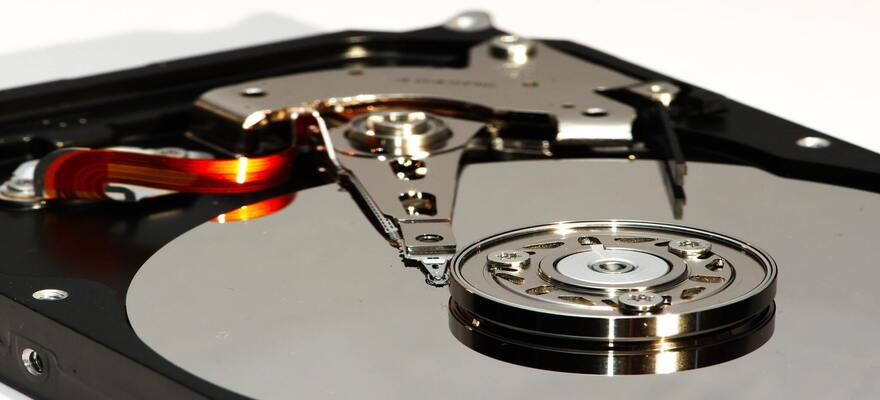
What Are Child Pornography Crimes?
Child pornography crimes generally refers to any visual depiction, whether in photographs, videos, or other media, that involves explicit sexual content and includes individuals who are under the age of consent, typically 18 years old. The explicit content can include sexual acts, genital exposure, or lascivious exhibition of the child’s private areas. For many reasons, these can be among the most difficult cases in criminal law to defend against. They are also among the most vigorously prosecuted.
In all United States jurisdictions, the knowing and intentional creation, distribution, possession, or viewing of child pornography is illegal. While this is a controversial and developing issue, child pornography laws often extend to cover not only explicit images but also digital or computer-generated content that appears to involve minors engaging in sexual activities even though no minor is actually involved. It’s important to note that intent or knowledge of the age of the individuals involved is not always necessary for a charge of child pornography.
Types of Child Pornography May Include:
• The viewing of child pornography or minors engaged in sexual acts.
• Possessing child pornography.
• Manufacturing child pornography.
• Recording, filing, or photographing child pornography.
• Transporting, distributing, or transmitting child pornography.
Penalties for This Crime May Include:
Imprisonment: Offenders often face substantial prison sentences ranging from a few years to several decades, depending on the severity of the offense.
Fines: Monetary fines can be imposed in addition to or in lieu of imprisonment. The amount of the fine will vary based on the jurisdiction and the circumstances of the case.
Probation: Offenders may be placed on probation, requiring them to adhere to specific conditions, such as regular check-ins with a probation officer, participation in counseling programs, and restrictions on internet access.
Registration as a sex offender: Convicted individuals may be required to register as sex offenders, which often entails periodic reporting to law enforcement agencies, public disclosure of their personal information, and restrictions on where they can live or work.
Restitution: Courts may order offenders to pay restitution to the victims depicted in the images or videos to compensate for any harm they have suffered.
It’s important to consult the specific laws and regulations of your country or jurisdiction to understand the precise penalties for child pornography offenses, as they can vary significantly. It’s always recommended to immediately seek legal advice from a qualified professional if you suspect you may be charged with any crime in this area of law.
What Does a Criminal Defense Attorney Do in These Types of Cases?
A child pornography criminal defense attorney is a legal professional who is highly experienced in representing individuals accused of offenses related to child pornography. Their role is to provide legal counsel, build a defense strategy, and advocate for their clients throughout the legal process.
Here are some of the key tasks a child pornography defense attorney may undertake:
Legal Consultation: The attorney will meet with the client to gather information, review the case details, and explain the legal implications and potential consequences.
Case Evaluation: They will assess the evidence against the accused and evaluate the strengths and weaknesses of the prosecution’s case. This may involve reviewing seized materials, computer forensics, witness statements, or any other relevant evidence.
Defense Strategy: Based on the case evaluation, the attorney will develop a defense strategy tailored to the client’s specific circumstances. This could include challenging the legality of the search and seizure, questioning the credibility of witnesses, or disputing the authenticity of the alleged child pornography.
Plea Bargaining: In some cases, the attorney may negotiate with the prosecution for a plea bargain, aiming to reduce charges or penalties. This may involve discussions with the prosecutor to reach a mutually agreeable resolution.
Court Representation: If the case proceeds to trial, the defense attorney will represent their client in court. They will present arguments, cross-examine witnesses, and challenge the prosecution’s evidence in an effort to cast reasonable doubt on the accused’s guilt.
Legal Research: Child pornography laws and precedents are complex and can vary across jurisdictions. The defense attorney will conduct thorough legal research to identify relevant statutes, regulations, and case precedents that can support their client’s defense.
Expert Witnesses: Depending on the circumstances, the attorney may consult and engage expert witnesses, such as computer forensic specialists or psychologists, to provide professional opinions and testimony that can bolster the defense.
Protecting Client Rights: Throughout the process, the defense attorney will ensure that their client’s constitutional rights are protected. This includes protecting against illegal search and seizure, ensuring due process, and safeguarding against any violations of the accused’s rights.
If you have been charged with any sex crime such as child pornography, it is crucial that you contact a criminal defense attorney who has extensive experience in defending people charged with sex crimes. The lawyers at the Attorneys For Freedom Law Firm have been representing people charged with sex crimes in both state and federal courts for more than three decades. You can contact our law firm 24 hours a day, 7 days a week to schedule a Strategy Session with one of our attorneys to discuss your legal matter. We can be reached online at AttorneysForFreedom.com or by calling our Arizona office at 480-755-7110.







